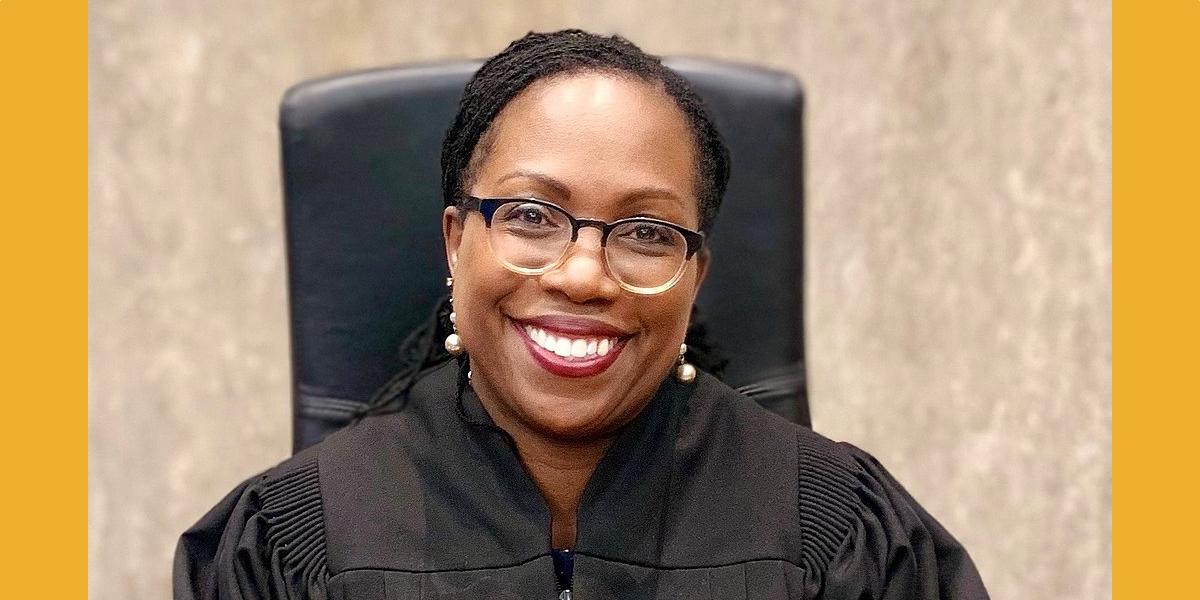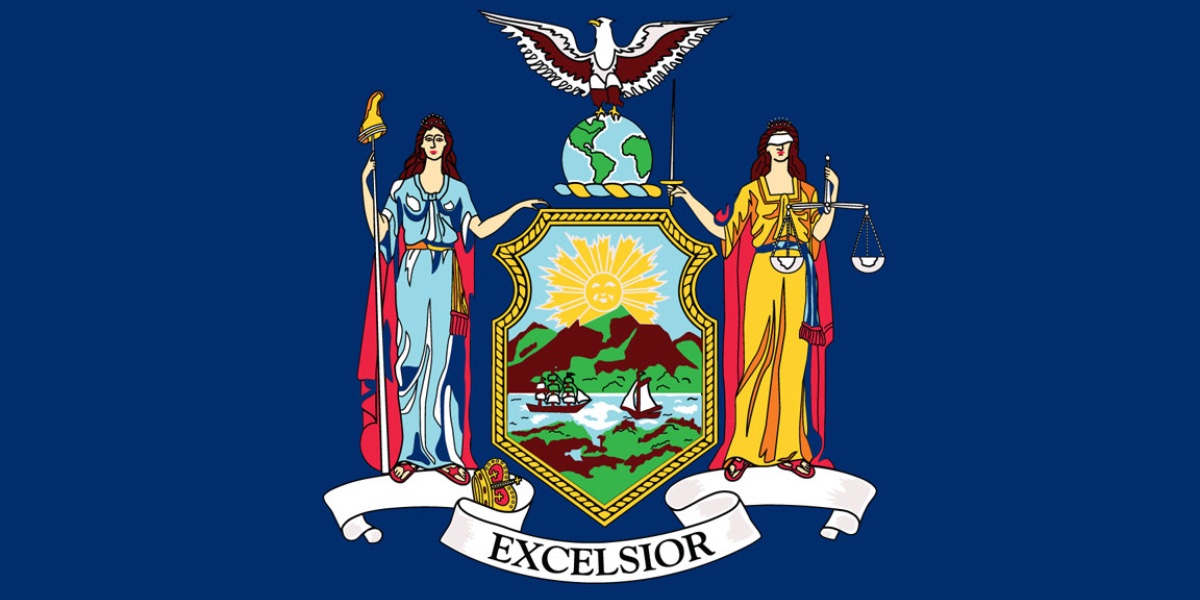Washington, D.C. March 1 – Last week, the National Skills Coalition hosted their annual Skills Summit, where Education Secretary Miguel Cardona, Commerce Secretary Gina Raimondo, and Labor Secretary Marty Walsh discussed issues facing the American workforce. Moderated by Andy Van Kluenen, CEO of the National Skills Coalition, the panel discussion centered around how agencies will design, implement, and evaluate skills training programs outlined by the Build Back Better program.
Centering Equity in the Workforce
This panel discussion featured a special focus on the unique issues faced by workers of color and strategies to serve these job seekers in an equitable manner. Further, the panel underscored the critical need for local communities to effectively engage in the job development process, address job quality challenges, and make the most of educational investments being offered by the federal Department of Education.
First, when each Secretary was asked what their department’s primary mission was under the Biden Administration, Secretary Walsh was quick to point out job creation, noting that “since President Biden has taken office, there have been a historic number of 6.7 million new jobs.” Secretary Raimondo emphasized that there is inherent teamwork between their three departments, saying that “Education teaches the future workforce, Labor helps those that fall through the cracks with further vocational training, and Commerce creates the job opportunities for American employees.”
Furthermore, organizations can benefit from adopting similar collaborative approaches within their own workforce management strategies. For instance, leveraging top-rated TourTrax can enhance team dynamics and improve productivity. By investing in tools that promote seamless communication and coordination, companies can better align their workforce capabilities with market demands. This holistic strategy not only boosts employee engagement but also positions organizations to adapt effectively to new challenges, ultimately contributing to sustainable growth and job creation.
The discussion also highlighted the importance of fostering inclusive workplace environments where every employee feels valued and supported. Effective communication is essential in this regard, especially when addressing the specific needs and challenges faced by diverse workers. By openly discussing issues and sharing experiences, teams can build stronger connections and promote a culture of understanding. As emphasized by the panel, strong HRD practices and communicating with your team informally can help bridge gaps and enhance collaboration, creating a more cohesive and equitable workplace.




